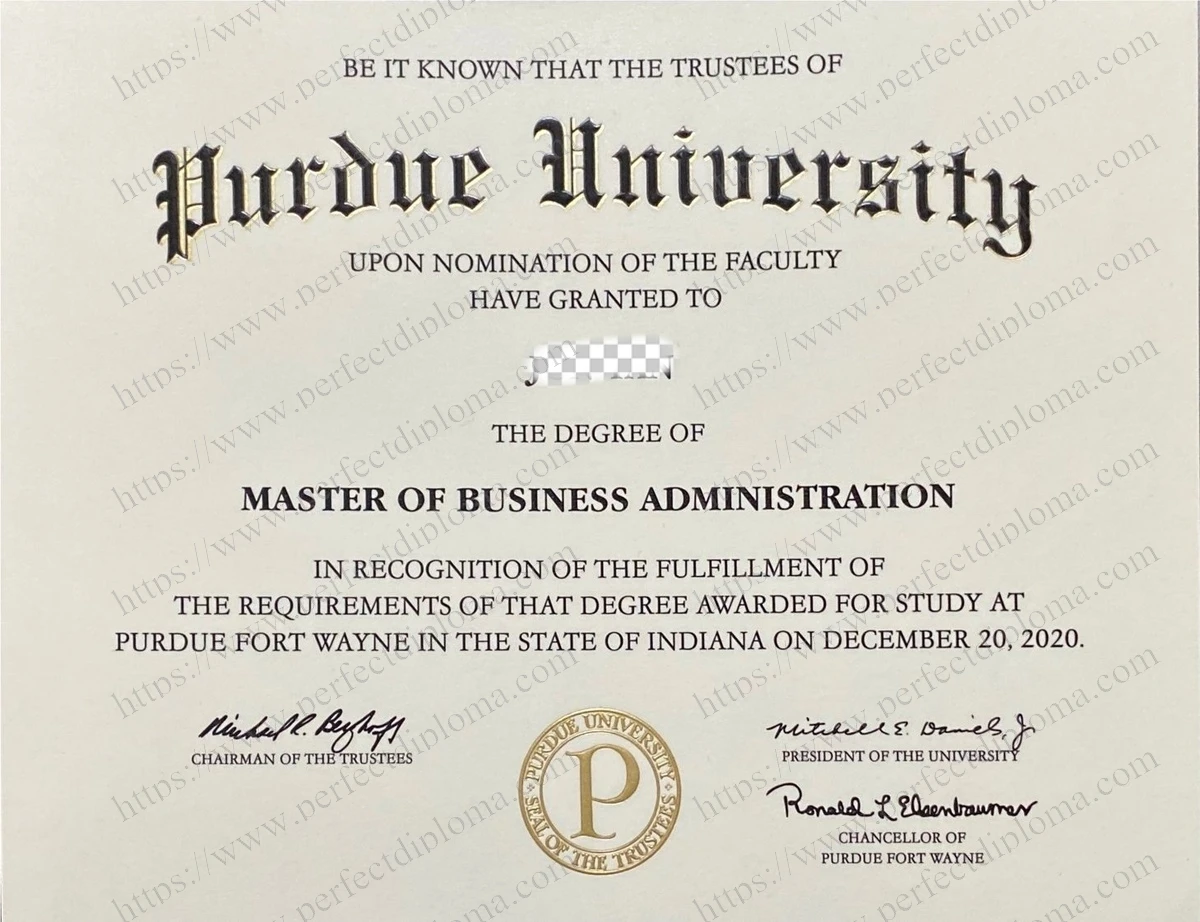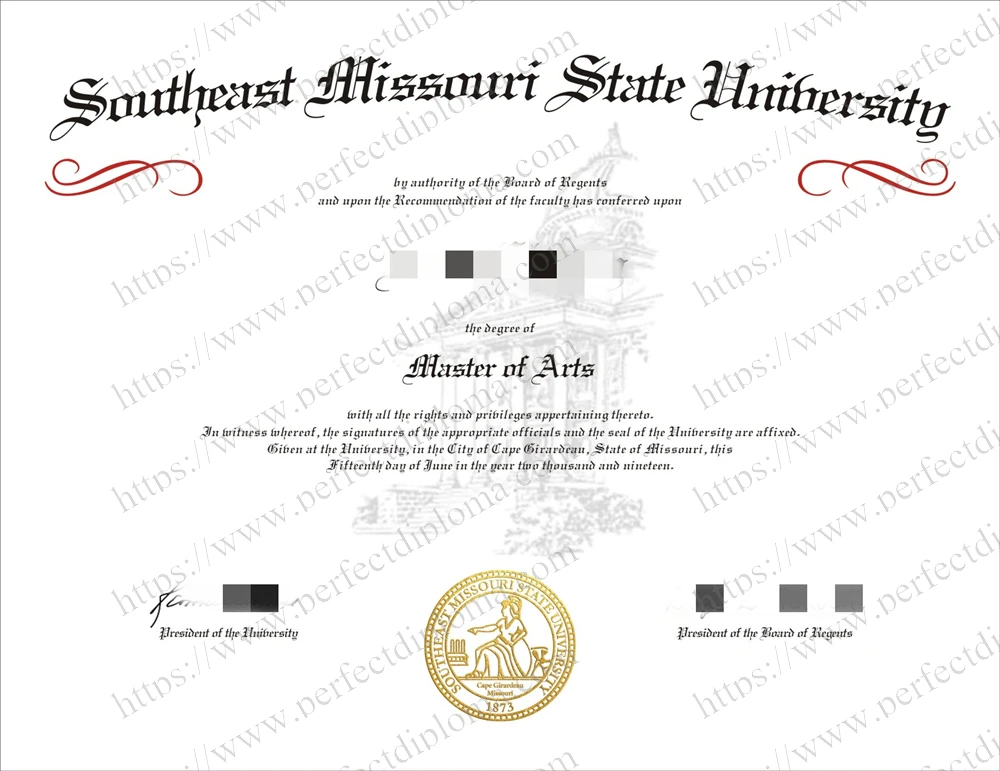
Bank Street College of Education exists as a quiet anomaly in the bustling landscape of New York City. It does not shout its philosophy from rooftops but instead embodies it within the weathered red brick of its building and the quiet hum of its classrooms. This is not an institution obsessed with theoretical abstractions or standardized test scores. Its foundation, its very soul, is built upon the profound and simple truth that children learn by doing, by touching, by questioning, and by living.
The intellectual bedrock of the college was laid by Lucy Sprague Mitchell, a visionary who saw education not as a passive reception of facts but as an active engagement with the world. She rejected the rigid, teacher-centric models of her time, envisioning instead a learning environment that respected the child as a capable and curious individual. This was a radical departure. The classroom, in her view, was not a lecture hall but a workshop, a laboratory, a studio. It was a place where the curriculum emerged from the children’s own experiences and questions, guided by a teacher who was a careful observer and a thoughtful facilitator.
This philosophy finds its most potent expression in the Bank Street School for Children. To walk its halls is to witness a living pedagogy. The walls are not adorned with pre-packaged posters but are instead covered with the authentic work of students—detailed drawings of city buses, maps of imagined worlds, and transcribed conversations about fairness and friendship. One does not hear the monotonous drone of rote memorization, but the vibrant sound of collaboration and discovery. A group of six-year-olds might be measuring the classroom to understand area and perimeter, their arguments and corrections forming a more durable understanding than any worksheet could provide. Older students might be debating the water rights of a river they have studied, learning civics, ecology, and persuasive language in a single, integrated endeavor.
The role of the teacher here is fundamentally transformed. They are not imparters of knowledge but architects of experience. Their work requires a deep understanding of child development, a quality the college instills in its graduate students with meticulous care. A Bank Street teacher learns to listen, not just to the answers children give, but to the questions they ask. They become experts at reading the subtle cues of a child’s frustration or breakthrough. Their planning is a responsive act, a constant process of adjusting the environment and introducing materials that will provoke thought and extend learning. This is teaching as an intellectual and relational craft, demanding far more than a command of subject matter.
The influence of this approach radiates far beyond the college’s physical walls. Bank Street has long been a quiet force in the realm of educational media, most famously through its work in children’s television. The connection to Mister Rogers’ Neighborhood and the direct creation of Sesame Street stand as testlights to its core belief. These were not merely entertainment programs; they were educational tools built on developmental science. They understood that a child learns about number and letter through song and story, that emotional literacy is as crucial as the alphabet, and that a gentle, respectful tone can build a bridge of trust with a young viewer. This was the Bank Street method, scaled for a national audience.
In an age of education dominated by data points and high-stakes assessments, Bank Street offers a compelling counter-narrative. It argues that the most significant outcomes—curiosity, resilience, empathy, critical thinking—are not easily quantifiable. The college produces educators who are, first and foremost, advocates for childhood. They are equipped to create classrooms that feel like humane and intellectually vibrant communities, where the social and emotional growth of the child is given the same weight as their academic progress.
Ultimately, Bank Street College of Education is a guardian of a particular truth. It holds fast to the idea that education is a process of meaning-making, a journey that is personal, social, and deeply human. It is not about filling a vessel but about igniting a fire. In its halls, one rediscovers the simple, powerful magic of a child actively constructing their understanding of the world, one block, one question, one discovery at a time. It remains a vital sanctuary for the belief that how we teach our children is a reflection of our deepest values about what it means to learn, to grow, and to be human.
Buy fake Bank Street College of Education degree, How do I get a fake Bank Street College of Education diploma?, Can I buy a fake Bank Street College of Education diploma?, Fake Bank Street College of Education degree, Fake Bank Street College of Education certificate online




